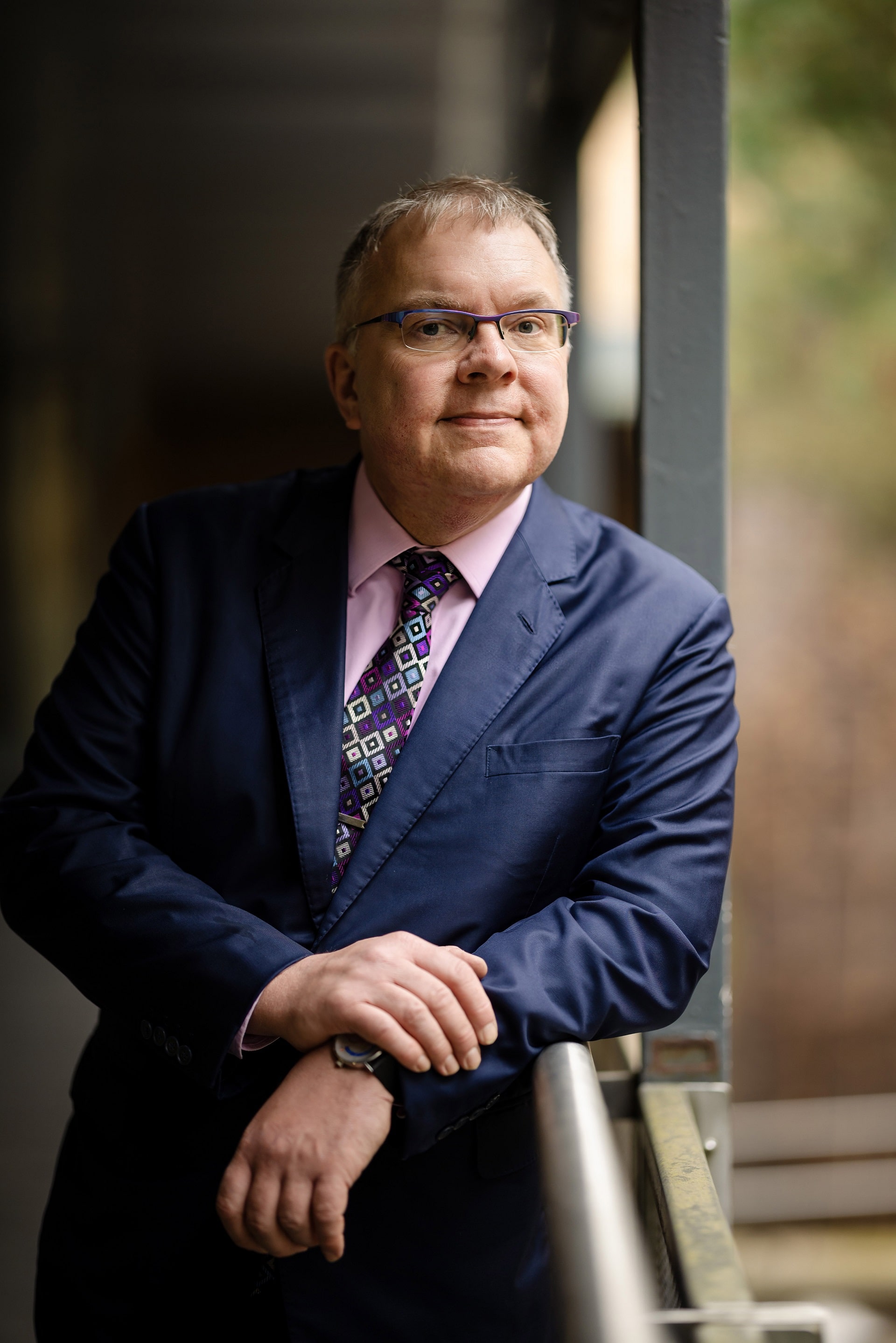 As a regular and experienced user of video consultations, Alex Woywodt, Consultant Nephrologist with Lancashire Teaching Hospitals, was recently invited to take the stage at the HETT (Healthcare Excellence Through Technology) Show at the ExCel exhibition centre in London to highlight the benefits.
As a regular and experienced user of video consultations, Alex Woywodt, Consultant Nephrologist with Lancashire Teaching Hospitals, was recently invited to take the stage at the HETT (Healthcare Excellence Through Technology) Show at the ExCel exhibition centre in London to highlight the benefits.
A passionate advocate for sustainable healthcare, Professor Woywodt emphasised how video consultations save time and money for clinical teams and patients while helping reduce carbon emissions.
As a top user of the video consultation platform ‘Attend Anywhere,’ he authored the white paper “Ten Tips to Carry out Video Consultations in Nephrology” and partnered with Swiss colleagues on “Ten Tips from the Swiss Working Group on Sustainable Nephrology on how to go green in your dialysis unit.”
Traditionally, efforts to improve sustainability in nephrology have centred on reducing the environmental impact of dialysis, a vital yet resource-intensive treatment that generates significant waste and consumes large quantities of water and single-use plastics.
However, the adoption of video consultations has broadened the sustainability conversation, offering a practical solution to minimise patient commutes.
Initially adopted during the COVID-19 pandemic, video consultations emerged as a way to maintain healthcare services. The environmental benefits—notably a reduction in carbon dioxide emissions—became an added advantage.
By reducing travel requirements, clinics significantly lower their carbon footprints.
“We estimated the carbon dioxide savings from two years of video clinics, and the impact is considerable,” shared Professor Woywodt. “The climate situation is so desperate that we must use every available option. Video clinics are relatively easy to implement and require minimal investment.”
By converting one transplant aftercare clinic to 75% video consultations, Lancashire Teaching Hospitals saved 42,666 travel miles and reduced CO2 emissions by 11,718 kg
Professor Woywodt noted:, “We did not invent video consultations to address climate change; they were developed to overcome the constraints of the COVID pandemic. But their positive impact on reducing carbon dioxide emissions is an added benefit.”
Serving a large and diverse catchment area, Lancashire Teaching Hospitals has seen video consultations improve accessibility for many patients. “In the traditional face-to-face model, patients often spent an entire day traveling to appointments only to hear that everything is fine.”
Professor Woywodt explained. “We have to apologise to the planet and the patient for that. Beyond the climate impact, it’s also a significant inconvenience for working patients, who often have to take a day off work. Video clinics allow them to attend appointments from their office, staff rooms, or parked cars to ensure confidentiality.”
Technological advancements promise to further enhance remote healthcare. Innovations such as home blood test kits and remote urine dipstick analysis—with results uploaded via smartphones—are already in development. These technologies aim to make remote healthcare more accessible and effective.
“In 10 years, it will likely be routine for patients to use such technology, have most routine appointments via video, and message doctors or nursing teams through secure apps,” Professor Woywodt speculated.
“Face-to-face clinics will become more focused on complex cases and unwell patients, ensuring more bespoke care.”







